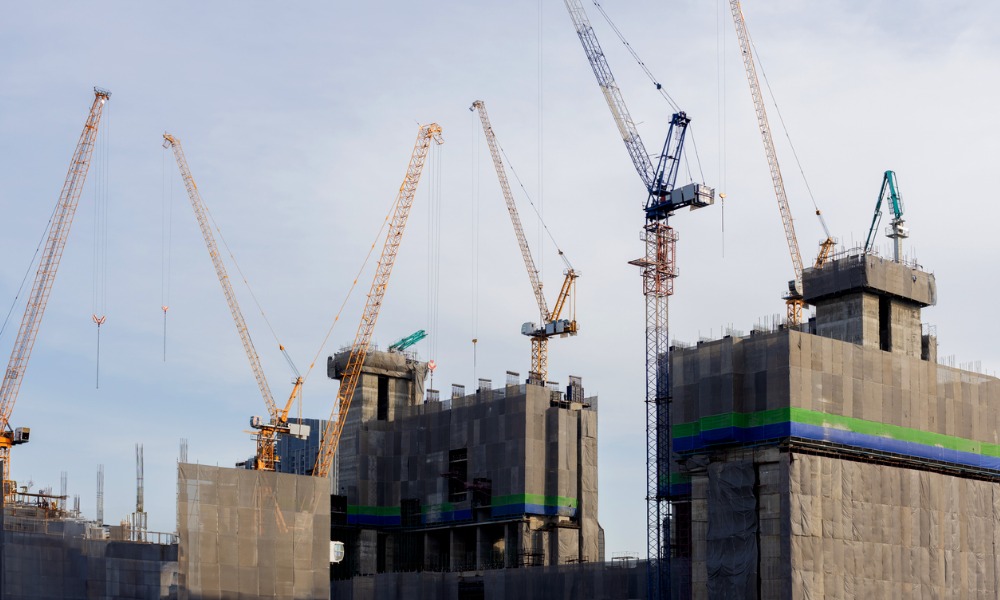The city's housing crisis persists despite a surge in approved units

London, Ontario has seen a record number of housing approvals this year, but the city has struggled to turn these plans into actual homes.
The London city council reported that 10,398 new housing units were approved as of July 23 – nearly double the total approvals from last year.
However, this surge has not yet translated into enough new construction to meet the city’s growing needs. Its goal of adding 47,000 homes by 2031 is still far off, and some experts warned that the pace of new builds may not be enough to close the gap.
"Getting your planning approval doesn’t mean that those units will be built in the near future," Mike Wallace, executive director of the London Development Institute, told CTV.
Wallace pointed out that many of the approved projects have been years in the making, stuck in the system before finally getting the green light. He said that building permits, which are required before construction can begin, are a more reliable indicator of progress.
While permits issued this year have skyrocketed 228% from the same period in 2023, actual construction remained slow.
Several factors are at play. Higher interest rates and rising material costs have made new developments more expensive and less appealing to both builders and buyers. Nationwide, housing starts have dropped, with Ontario seeing a 37% decline in April compared to the previous year, according to Canada Mortgage and Housing Corporation (CMHC).
Read next: How Canada can solve "mismatch in housing supply and demand"
Locally, the speed at which the city processes approvals and permits is also affecting the timeline for new builds. Deputy Mayor Shawn Lewis acknowledged that while the city is making progress, there’s still room for improvement in speeding up the process.
“There’s still some process improvements we can make on the building side but, in general, I’m pretty encouraged by the numbers we’re seeing,” Lewis told The London Free Press. “We’re doing our very best here, but there are significant factors that are outside of our control.”
The city's housing target is ambitious, but it might not be enough. Lewis said London's population is growing faster than its housing stock, raising concerns that even if the city meets its 47,000-home goal, it may still fall short of what’s needed.
“We’re still seeing a population growth that’s outpacing our housing starts and that’s a big concern,” Lewis added. “If we hit 47,000 new homes but the need actually ends up being 57,000, well, then we still have a housing problem.”
Make sure to get all the latest news to your inbox on Canada’s mortgage and housing markets by signing up for our free daily newsletter here.



